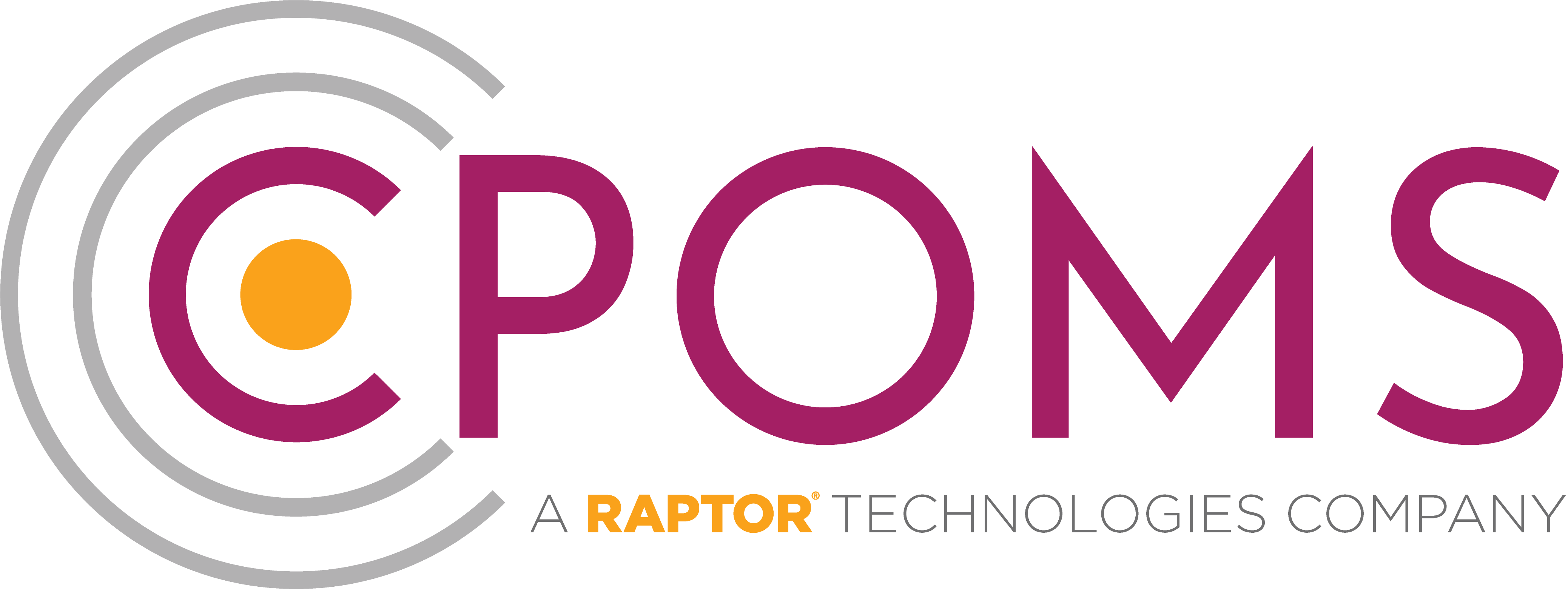In any school, alternative provision, sports club or other establishment working with children, ensuring the safety and wellbeing of young people is paramount. Education settings in particular must have up-to-date and robust recruitment practices to ensure compliance and the safety of all those in their care.
This article explores the role of safer recruitment practices in education settings and the requirements throughout the UK when it comes to vetting staff and maintaining effective safeguarding policies. We will also dig into the importance of maintaining up-to-date staff records to ensure compliance with safeguarding regulations.
Understanding Compliance and Safer School Recruitment in the UK
According to the NSPCC, safer recruitment is a set of practices to help make sure your staff and volunteers are suitable to work with children and young people. Employing safer recruitment practices as a continuing process of improvement is vital to creating a safe and positive environment and making a commitment to keep children safe from harm.
It is important to note that the statutory guidance, requirements and processes for vetting staff has some variations throughout the UK. In England, the framework Working together to safeguard children 2023 highlights the responsibility of all organisations working with children to have safe recruitment practices in place. Additionally, English schools and colleges must follow Keeping children safe in education 2024 which specifically outlines the requirements for safeguarding and safer recruitment, including how to ensure the ongoing safety of children and the legal reporting duties on employers.
In Northern Ireland, the key guidance for safeguarding children in communities and organisations is Co-operating to Safeguard Children and Young People in Northern Ireland 2017. Schools in Northern Ireland must follow the guidelines for recruitment and vetting outlined in Safeguarding and Child Protection in Schools (2024). This states that the registered person for child protection should ensure that all appropriate checks have been carried out. It also gives guidance on recruiting and vetting staff and volunteers, as well as dealing with allegations of abuse made against a member of staff.
In Scotland the Care Inspectorate has published the guidance document Safer Recruitment Through Better Recruitment 2023 to help all employers meet safer recruitment requirements. In the case of Welsh schools, they must follow Keeping learners safe: the role of local authorities, governing bodies and proprietors of independent schools under the Education Act 2002. This guidance requires all teaching and support staff to be registered with The EWC, an independent, professional regulator for the education workforce in Wales.
Common Themes and Safer Recruitment Best Practices
There are many safer recruitment practices education settings across the UK can adopt to mitigate any risks, such as making sure all staff are reliable, have no criminal history and are suitable to look after children. Extensive recruitment and vetting checks should be carried out on all staff, including those who are from an agency.
Foremost among these checks in England and Wales are the Disclosure and Barring Service (DBS) checks, which are instrumental in pre-employment screening. DBS checks provide valuable insights into an individual’s criminal history, helping assess their suitability for roles involving contact with children.
In Scotland, vetting checks performed by Disclosure Scotland operate in a similar manner to DBS checks. There are different kinds of checks carried out by Disclosure Scotland, but for all those working with vulnerable groups, a PVG (Protecting Vulnerable Groups) check is required to ensure their suitability. The PVG scheme is voluntary and employers cannot ask an individual to join the scheme, unless they are applying for a role involving regulated work, such as working with children.
Similarly in Northern Ireland vetting checks are a requirement for all staff working with children, and it is a requirement for the Board of Governers (BoG) to ensure appropriate checks are carried out. The most important of which is the AccessNI criminal record check, which can be conducted at three levels; basic, standard and enhanced. For those working with children or other vulnerable groups, an enhanced check which displays all information held by police that is relevant to the role, is essential.
The Role of the Single Central Record in Safer Recruitment
While there are a multitude of different types of criminal record and background checks that may be required for roles involving working with children throughout the UK, it is essential that all settings regardless of the check carried out, maintain up-to-date records. This ensures both the compliance of the setting and that they are notified of any potential changes in the individual’s criminal record after they have been employed.
For schools and colleges in England, Keeping Children Safe in Education (KCSIE) statutory guidance mandates that they must ‘maintain a single central record of pre-appointment checks’ along with dates for when each certificate was obtained. This includes information gathered by DBS, as well as the other checks such as a prohibition from teaching check as well as checks of the individual’s identity and qualifications.
Colleges must keep details of all staff, including supply and agency staff who provide education to children under 18 years old. Independent schools must keep a single central record of all members of the proprietor body, and for academies and free schools, this refers to all members and trustees of the academy trust.
Alongside storing the correct information, it’s important that these records are kept up to date. Outdated records can lead to gaps in information, making it difficult for schools to assess the suitability of staff for their roles. This can pose significant risks to safeguarding efforts, as staff with inappropriate backgrounds or qualifications may slip through the cracks.
Digital Record Management in Schools
Digital platforms such as CPOMS StaffSafe allow schools to track, record and maintain information about all employees. The digital record-keeping system allows for quick and seamless updates to staff records, so users can upload, record and govern all information regarding adults working within school settings. With just a few clicks, administrators can input new information or modify existing records, ensuring that the database is an effective safeguarding measure that remains current and accurate.
StaffSafe simplifies the recording and reporting of welfare information about personnel. The software facilitates safer recruitment practices in educational settings by providing a range of features tailored to reporting and legal needs, including:
- Centralised record-keeping: StaffSafe offers a simple and efficient way for schools to carry out and store the results of checks against each staff member’s record. This includes vetting checks such as Disclosure and Barring Service (DBS), references, qualifications and right to work documentation. By centralising this information, schools and other settings can easily access and review the status of each staff member’s compliance with safeguarding requirements.
- Platform customisation: With the intuitive system builder, settings can upload student record spreadsheets into the system, set parameters and easily monitor whole school, group and individual compliance, aligning with specific requirements. Automated reminders of expiring checks means that schools can stay proactive in maintaining compliance with statutory regulations like KCSIE.
- Staff chronologies: StaffSafe provides secure staff chronologies to support safeguarding efforts, allowing schools to track key events in each staff member’s employment history. This includes details such as training, performance reviews and any safeguarding incidents or concerns raised. This comprehensive chronology enables schools to maintain a complete and accurate record of each staff member’s professional journey.
- Capturing low-level concerns: StaffSafe supports the capture and addressing of low-level concerns, including mental health and wellbeing issues amongst colleagues. It provides a system for staff members to report concerns confidentially, allowing schools to intervene early and provide appropriate support and intervention where needed.
By investing in safer recruitment practices and embracing digital solutions, education settings can lay the foundations for safer learning environments where both students and staff are protected from harm.
For more information about how StaffSafe can help with you to implement effective safer recruitment practices, request a demo today.




